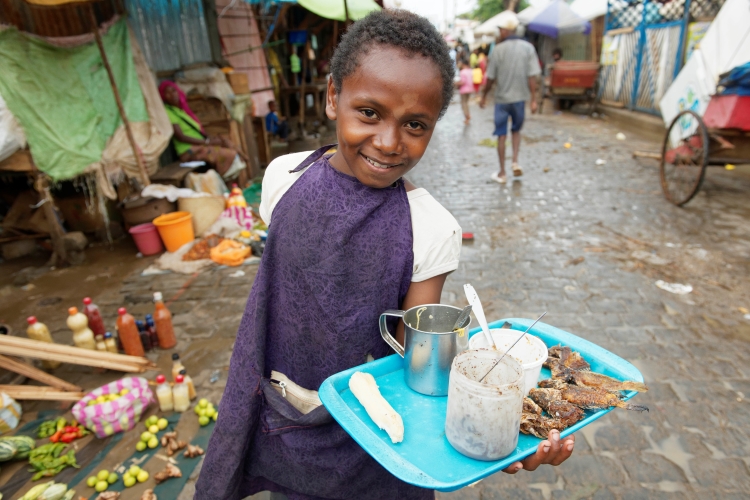Mandating due diligence in global supply chains, including in agriculture, where more than 70% of child labourers work, is also essential to ending the scourge of child exploitation.
“Progress has been made in recent years, but even before the economic and social destruction of the COVID-19 pandemic, there were still more than 150 million children at work instead of in school. Yet child labour still exists in every region, due to the failure to ensure jobs for adults, insufficient investment in education and the lack of social protection for households.
“Children’s right to protection from exploitation is enshrined in International Labour Organization (ILO) Convention 182, which has been ratified by every ILO member state. Just 14 countries are yet to ratify the ILO minimum working age Convention 138, and pressure for them to do so will intensify this year. We call on all countries to meet the obligations of these Conventions, to protect children and enable them to build their future,” said ITUC General Secretary Sharan Burrow.
Existing faults in the global economy have been brutally exposed and exacerbated by the pandemic, and reconstruction and resilience must pay attention to getting the tens of millions of child workers out of work and into school. Continued failure to guarantee decent wages for adults and to ensure respect for rights at work will risk undoing the progress that has been made and leaving behind another generation of at-risk children.
Many governments have stepped-up their social protection systems in response to the crisis, but efforts have been uneven, with many low-income countries lacking the fiscal space to do enough. That is why establishing a global social protection floor is crucial, with the establishment of a global fund for social protection as an urgent first step to avoid a surge in child labour in developing countries.
The vast majority of child labour can be found in agriculture, where most work is informal, labour inspection is often non-existent, fundamental rights are denied and wages and working conditions frequently dismal. Targeted efforts from governments are urgently needed to promote inclusive rural development through the promotion of decent work in agriculture and the expansion of the scope of services provided by the state, such as accessible and quality health care and schooling.
“The 14 remaining governments that have not ratified ILO Convention 138 on the Minimum Age should do so this year, and all governments should resolve not to allow the world to slide back into 19th century exploitation. A new social contract will provide the hope and the pathway to realising the aim of the UN Year for the Elimination of Child Labour,” said Sharan Burrow.


